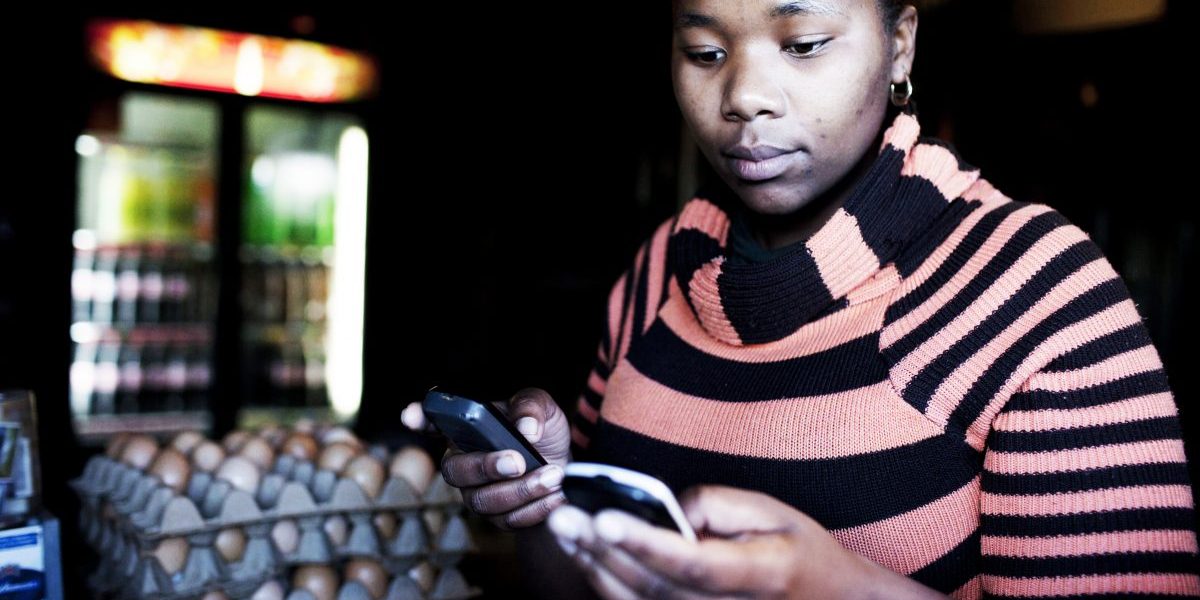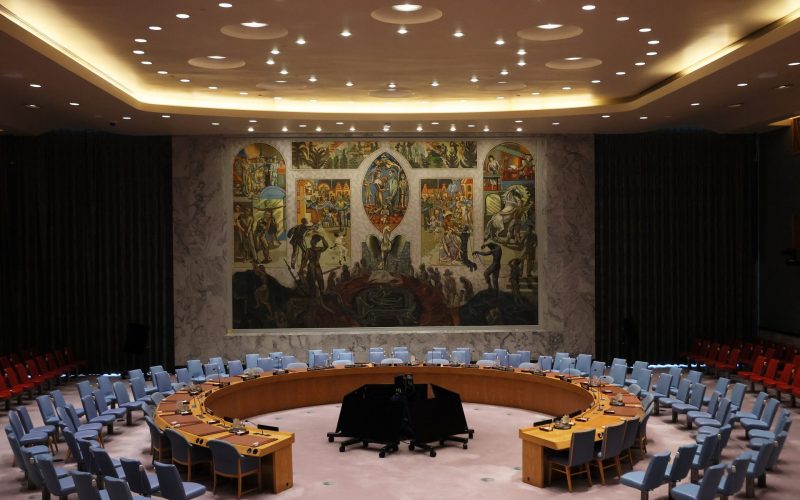Summary
- This occasional paper examines whether digitising financial services is a tool for financial inclusion, using an in-depth analysis of South Africa as a case study.
- South Africa is one of the top achievers in Africa with regard to access to banking services, but how will it improve usage of these accounts? The Financial Sector Charter is currently under review and is expected to shed light on how the industry plans to improve electronic access.
- Digitising financial services is helping to deepen financial inclusion. This is the first step towards Africa’s digital transition, which is a necessary pre-condition for its future growth and development.
- Mobile money continues to expand, and the potential to change the landscape of financial inclusion for the unbanked or underserved is becoming greater.
- South Africa is recognising the importance of making the system interoperable and creating an open and level playing field for non-banks to participate in mobile financial services.
- Digitisation will provide an important avenue for Africa to leapfrog the development of many sectors, particularly financial services.








